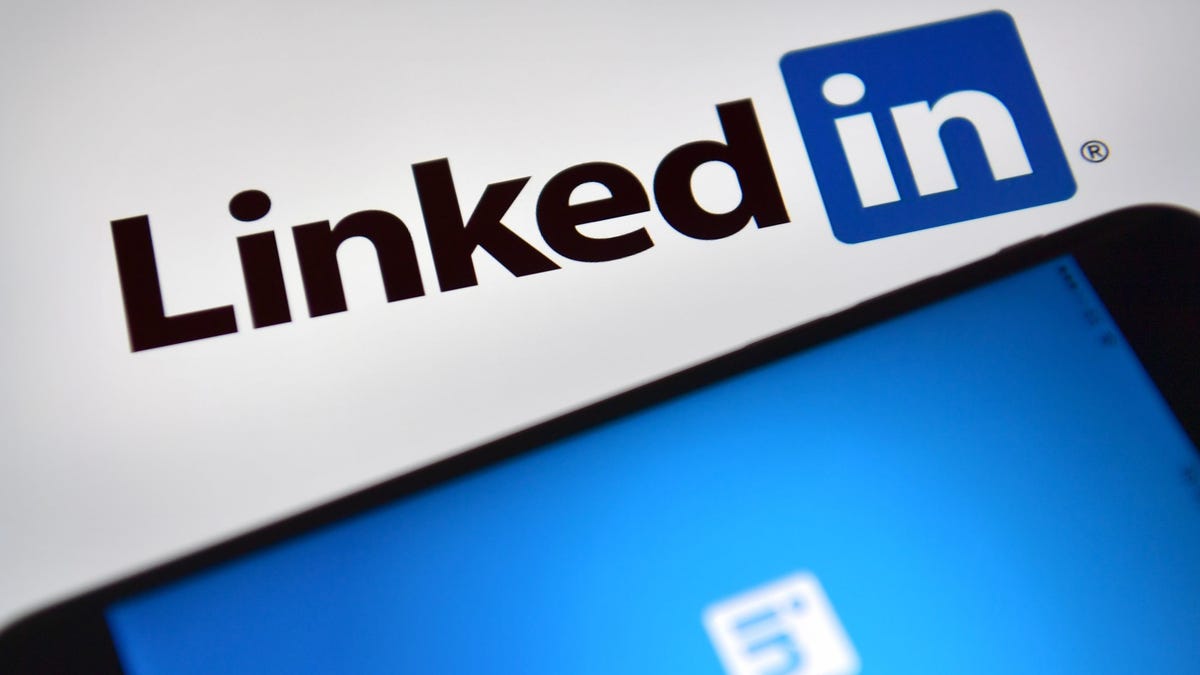
Microsoft-owned LinkedIn is taking the final steps in its long exit from China, making it the last of the major US social networks to exit the region amid increased domestic competition and untenable geopolitical compromises. The company announced late Monday it would lay off 716 employees in its Global Business Organization and shutter the Chinese version of its app.
LinkedIn CEO Ryan Roslansky broke the news in a Monday evening letter sent to staff. Roslansky said LinkedIn’s scaled-back “InCareer” iteration of the app in China experienced “some success” but ultimately couldn’t keep up with stronger homegrown alternatives. The layoffs include a total discontinuation of the engineering and product teams in the area as well as a significant downsizing of sales and marketing functions. Some employees will remain in China, but they will focus on helping other companies in China hire and train employees. LinkedIn plans to officially shut down the InCareer app by August 9.
Advertisement
“Though InCareer experienced some success in the past year thanks to our strong China-based team, it also encountered fierce competition and a challenging macroeconomic climate,” Roslansky wrote.
LinkedIn’s China App wind down was two years in the making
LinkedIn’s Chinese social media app operation will shutter in August, but its operation there has been winding down for years. In 2021, Linkedin announced it would leave China, removing its flagship app from the region due to “a significantly more challenging operating environment” and eventually replacing it with a much more scaled-back job searching alternative called InJobs, later InCareer. The company’s carefully worded statement at the time downplayed an escalating geopolitical headache.
Advertisement
LinkedIn was granted the opportunity to continue operating in China long after other US social media firms were banned in exchange for agreeing to play by the government’s tight censorship rules. But that agreement grew tense. In the months leading up to LinkedIn’s initial scaleback, China’s top internet regulator punished LinkedIn executives for failing to properly control political content on the platform, according to the New York Times. The regulator forced LinkedIn to suspend new signups and perform a self-evaluation for a report sent to China’s Cyberspace Administration. At the same time, activists and lawmakers in the US criticized the company for censoring multiple accounts of American journalists and academics operating on the China-based platform. Even the app’s estimated 54 million users in the country weren’t enough to justify the unavoidable political landmines.
“This decision aligns with our commitment to creating economic opportunity for every member of the global workforce, LinkedIn Senior Vice President of Engineering Mohak Shroff said at the time. “While that has been our vision for nearly two decades now, it feels more important than ever as we all strive to build a global economy that delivers more prosperity and progress to people all over the world.”
Advertisement
An increasingly fractured internet
LinkedIn was the last major US social media company to hold any meaningful presence in China. The country blocked both Twitter and Facebook back in 2009 following violent government crackdowns against activists in the Xinjiang province. Instagram and WhatsApp were available for a few more years but were blocked in 2014 and 2017 respectively. Other companies like Google who have tried to compromise with government officials to bring services back online in China and tap into its massive market share have faced fierce blowback from staff and US critics.
Advertisement
Outside of China, calls by lawmakers in the US and around the world to ban TikTok are reaching a fever pitch over alleged, but still unproven, concerns of potential foreign government espionage. If those national bans are allowed to move forward, it could set a precedent for the US and other countries to enact sweeping restrictions on other foreign apps using the same, broad national security concerns. The end result of those tit-for-tat app bans is multiple versions of siloed internet.
Services Marketplace – Listings, Bookings & Reviews